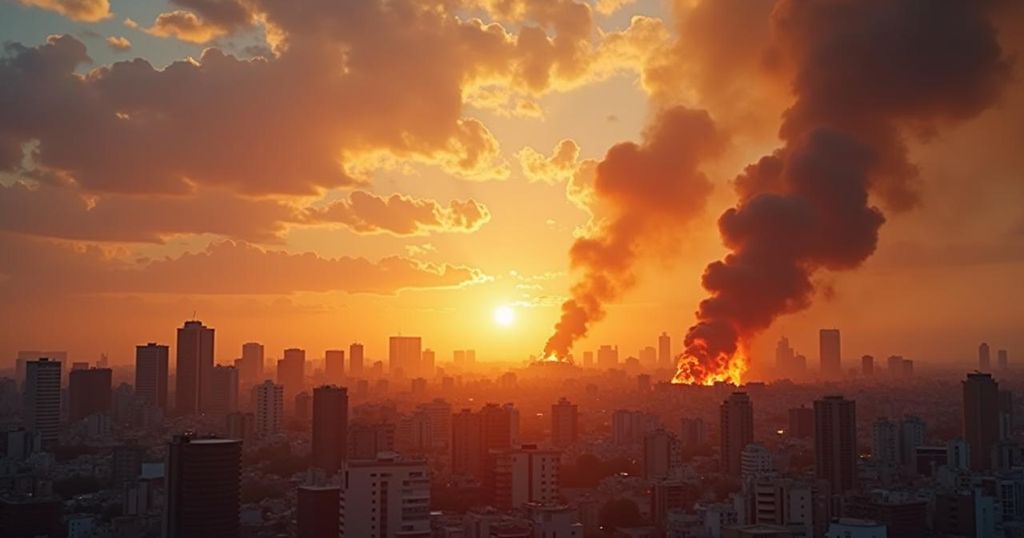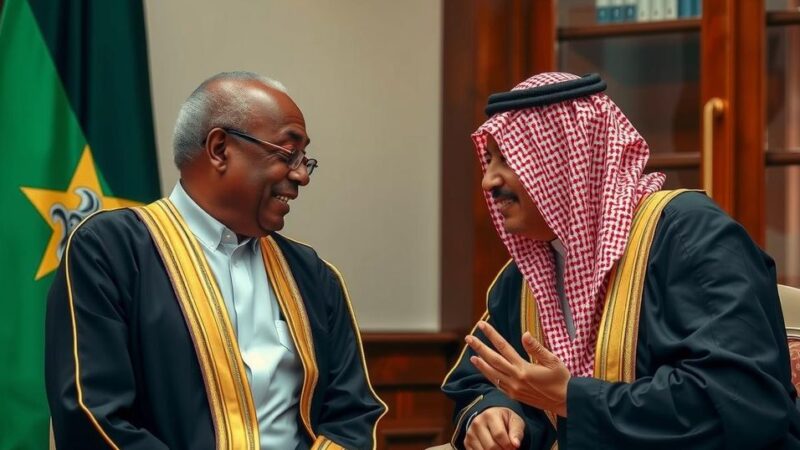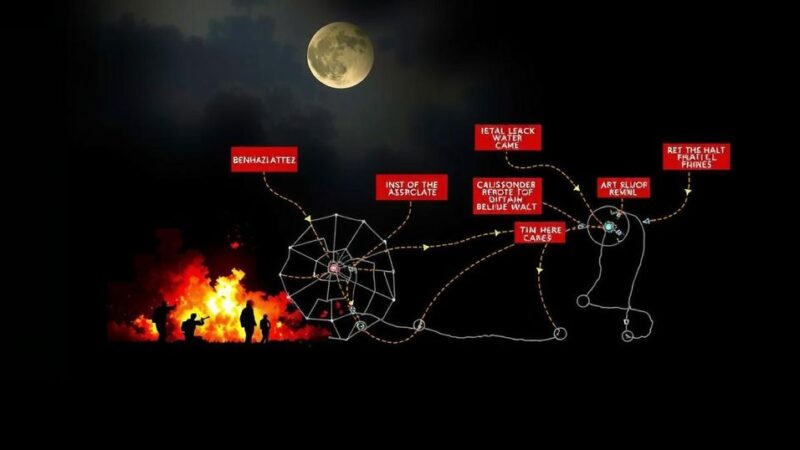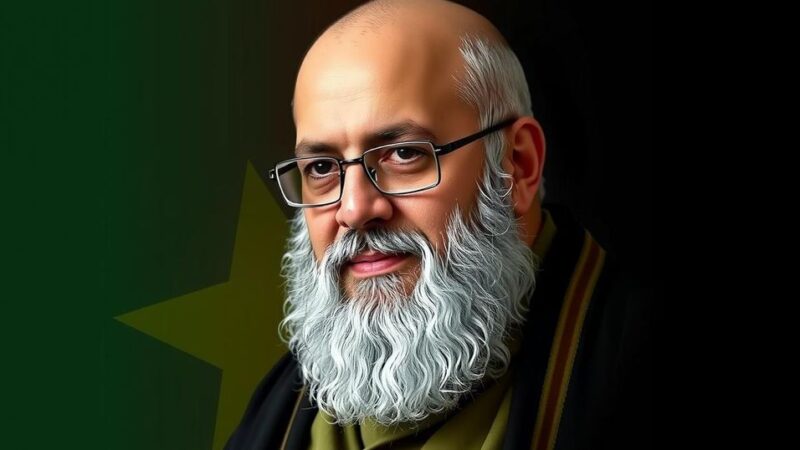Recently, U.S. Secretary of State Antony Blinken asserted that developments in the regional political climate present an opportunity to address the two-year presidential vacancy in Lebanon. With Hezbollah facing setbacks due to Israeli actions, there is a renewed focus on electing a competent leader to restore governance and alleviate the economic crisis affecting the country. Global discussions among the U.S., Saudi Arabia, Qatar, and France highlight the urgency of implementing UN Security Council Resolution 1701 to foster regional stability and support Lebanon in asserting state authority.
In light of Israel’s military actions that have significantly impacted the leadership within Hezbollah, U.S. Secretary of State Antony Blinken indicated that there could be an opportunity to address Lebanon’s prolonged political impasse. Discussions with representatives from Saudi Arabia, Qatar, and France have centered around the critical need for a new Lebanese president, which could pave the way for reduced tensions in the Middle East and move Hezbollah’s forces away from the Lebanese-Israeli border as specified in a U.N. Security Council resolution from 2006. “It is clear that the people of Lebanon have an interest, a strong interest, in the state asserting itself and taking responsibility for the country and its future,” stated Blinken during a news conference. As the presidency has remained vacant for over two years since the end of former President Michel Aoun’s term, the urgency for political resolution has increased, particularly as three-quarters of the Lebanese population suffers from poverty due to economic crises exacerbated by political paralysis. Hezbollah’s backing of Sleiman Frangieh for the presidency faces opposition from other factions, notably from the Lebanese army commander, General Joseph Aoun, who is viewed as closely aligned with U.S. interests. Despite historical challenges in overcoming Lebanon’s sectarian power-sharing system and the entrenched influence of Hezbollah, U.S. officials express cautious optimism about the prospects for political movement. Blinken’s engagements with various Middle Eastern foreign ministers aim to reaffirm support for the implementation of U.N. Security Council Resolution 1701, which mandates the withdrawal of Israeli forces from southern Lebanon, to ultimately facilitate a safe return for civilians from both nations. As efforts to restore Lebanese political structure continue, experts emphasize the importance of Lebanon’s sovereignty in the election of its president, while highlighting General Aoun’s position as a potentially stabilizing figure within a deeply fractured political landscape.
The political landscape in Lebanon has been marred by a protracted deadlock, primarily due to the sectarian power-sharing framework that complicates consensus-building among diverse political factions. After the end of Michel Aoun’s presidency in October 2022, Lebanese parliamentarians have repeatedly failed to elect a successor, reflecting deep divisions exacerbated by Hezbollah’s influence, despite the group being recognized as a legitimate political entity in Lebanon. Additionally, the country faces a dire economic crisis that has pushed a significant portion of its populace into poverty, necessitating international attention and intervention. The United States and its allies have long sought to support Lebanese state institutions and foster dialogue to stabilize the region, amidst concerns over the pervasive impact of Iran-backed Hezbollah within national politics and social services.
In summary, the United States perceives a potential opportunity to resolve Lebanon’s political deadlock following significant losses to Hezbollah from Israeli operations. A renewed focus on the election of a new president is viewed as a crucial step toward restoring state authority and addressing long-standing economic challenges. The involvement of key international partners underscores the need for coordinated diplomatic efforts to alleviate tensions in the region and rehabilitate Lebanon’s governance. The complexities surrounding Hezbollah’s entrenched role in Lebanese politics remain a major hurdle, but discussions among U.S. officials and regional counterparts may open avenues for progress.
Original Source: apnews.com






